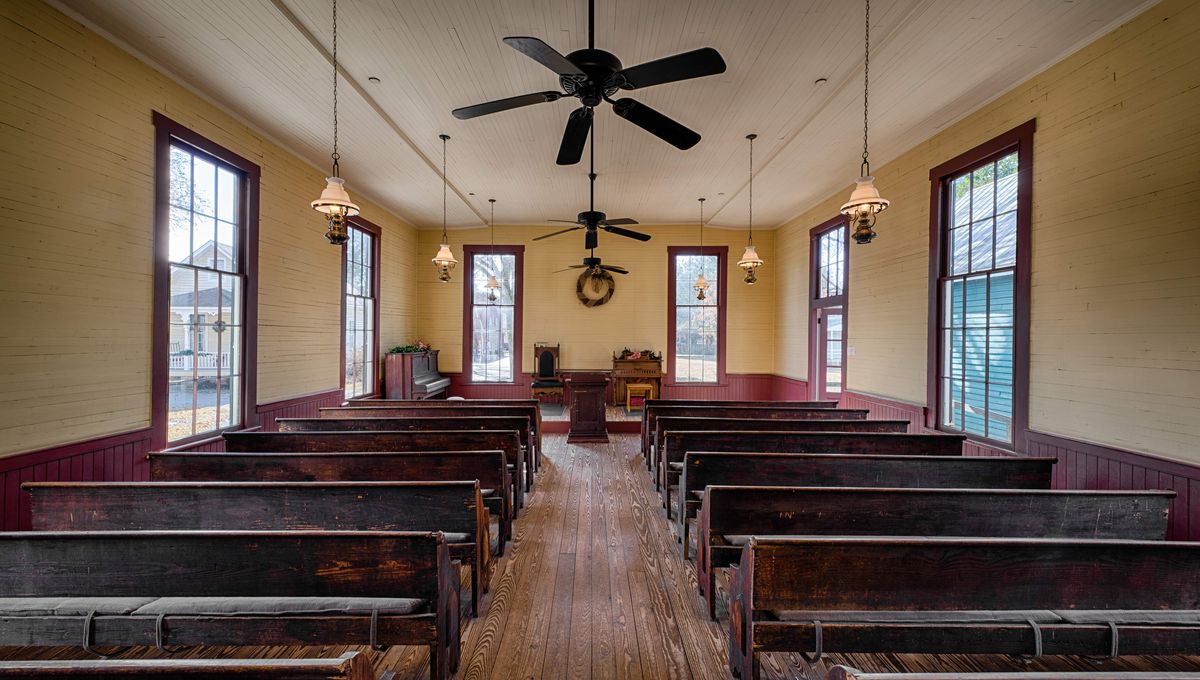
Something significant is happening to religious life across the US. In just a few decades, remarkably large numbers of people have been leaving organized religion. However, this exodus is not in favor of secular rationality, but rather the pursuit of spirituality that is more aligned with their personal values.
The number of people who regard themselves as “nones” in the US – those who claim no religious affiliation despite having some spiritual belief – has risen sharply in the last few decades. This has resulted in the proportion of nones surging from 1 in 20 to more than 1 in 4 since 2003.
But while it may be tempting to see this as some form of isolated crisis in faith, this broad change in people’s relationship to religion is not happening in a vacuum, a new Cornell-led study argues. Instead, it reflects larger social shifts that have seen people prioritizing individual fulfilment and “finding” oneself, as well as evolving views about gender and sexuality, and the rise of the internet. In addition to the rise in the “sacredness of the individual”, there is a deeper revolt against religious organizations becoming increasingly bureaucratic, rigid, and political.
“People aren’t leaving religious institutions passively or only because of partisan politics, but because of more deeply held values – about the sacredness of the individual, their concern for others and feeling that their participation in an institution doesn’t align with being the type of person they want to be,” Landon Schnabel, associate professor of sociology, explained in a statement.
“They’re more intentionally choosing to follow what they really believe in.”
Schnabel and colleagues looked into the reasons behind this shift in religious affiliation by leveraging a nationally representative study that tracked teens as they came of age in the early 21st century, a time characterized by shifting social values and technological and economic upheavals.
The team examined data for over 1,300 participants in the National Study of Youth and Religion (NSYR) who completed four rounds of surveys that started when they were aged between 13 and 17 years old, between 2003 and 2013. Over that decade, participants reported how often they attended religious services or prayed alone. They also reported whether they were affiliated with a religion and believed in God; if they supported converting others to a religion; and if they practiced meditation.
The results demonstrated how institutional aspects of religion declined significantly faster than individual faith and spirituality. Estimated trajectories indicated a sharp drop in religious attendance, while the frequency of prayer dipped and then plateaued. This has produced a widening gap between institutional engagement and individual practice. In short, religious affiliation has nosedived, but belief in God has remained stable. In addition, the support for proselytism – preaching to convert others – declined by nearly 10 percent, while meditation practice grew about as much (this was the only variable to show growth).
The steeper decline in religious attendance and affiliation was among more liberal participants, including those who supported same-sex marriage and abortion rights. Nevertheless, the decline in both attendance and affiliation was still present among moderates and conservatives as well, “suggesting broad change across this cohort” with respect to gender, race, class, and sexual orientation.
Importantly, the NSYR also held in-depth interviews with some of the study participants, noting that interviewees experienced greater dissonance between their values and those of institutions. The biggest issues were fixations on doctrine and finances, which prompted participants to search for alternative ways to find spirituality, meaning, and community, rather than to abandon their faith. They wished for more authenticity and moral conviction.
“The move away from organized religion doesn’t look like kind of the pure material secularism that some people thought,” Schnabel said. “It doesn’t reflect disenchantment with the world, but re-enchantment through something other than church.”
The study is published in the journal Socius: Sociological Research for a Dynamic World.
Source Link: Something "Remarkable" Is Happening To Religious Life In The US